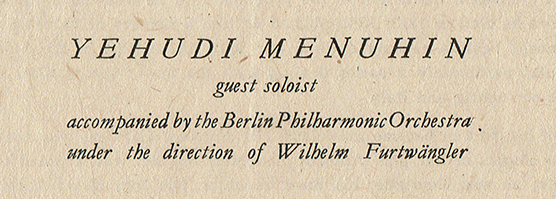Year: 2018
News
![]()
The well-known site ResMusica recently awarded its ‘Clefs d’or’ (Golden Keys) to standout recordings of distinction. And in the selection is a double CD album from Audite, ‘Furtwängler at the Lucerne Festival’, with, notably, Schumann’s Fourth Symphony and a novelty, the Overture to Manfred.
This album had been referenced by Philippe Jacquard in November 2017 as a current news item on our website (see article).
You can consult the article that ResMusica devotes to it.
Who was the hallucinating character in the photo posted with the competition of the 15th?
It was not so easy to recognise Ludwig Suthaus, the Tristan of the performances of Tristan und Isolde at the Berlin Staatsoper in early October 1947. Fixed in a somewhat frenzied pose (the scene preceding the arrival of Isolde in Act 3), Suthaus was photographed by Abraham Pisarek, responsible for a series of photos taken during the rehearsals, others of which (Schlüter, Klose…) are already featured on our site, attached to the date of 3 October in the concert list.
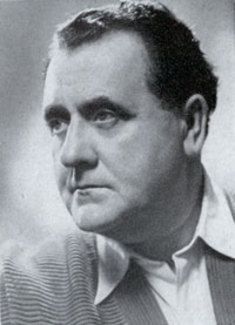
Too difficult? Nobody found the answer.
This news item is the one hundredth posted since the inauguration of this new site a year and a half ago.
These articles have enabled us to announce to you: 7 releases of recordings, French (SWF) or Japanese, on disc or through downloading, 20 programme facsimiles, a dozen or so studies, 5 lectures, and lots of other news items.
Since recently, you have been able to add your own comments.
How about a little competition to celebrate this? Who is this singer and what role is he apparently performing? To get you going: the photo was of course taken on the occasion of an opera conducted by Furtwängler, and after the War.

If you are a member of the SWF and you have a solution, send an email to site@furtwangler.fr before 19 December, and the first person to provide the correct answer will receive the following discs (Christmas presents!):
Bruckner’s Ninth (SWF 041), the Schubert CD (SWF 973) and the Lucerne double CD (SWF 961-62).
This line from Victor Hugo — “Come! An invisible flute…” — finds a quite prosaic echo on our site: our album of The Magic Flute (Salzburg 1951) is no longer visible there. A victim of its success, it is out of stock. Yet be reassured: it will be reborn digitally, and in the course of February 2019 it will be possible to download this great moment of music and theatre… and in high definition 24/96!
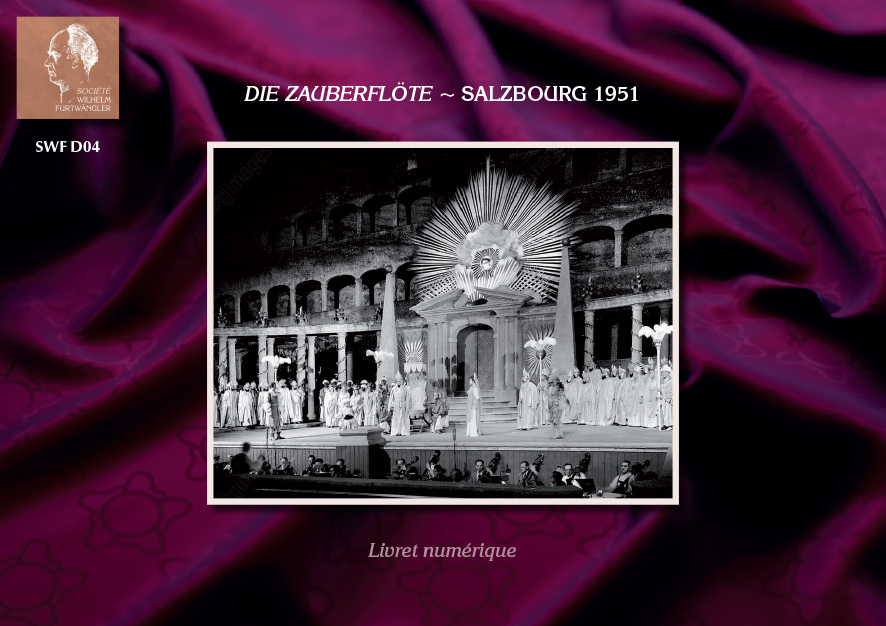
What a curious programme was the one printed and distributed for the Berlin concert of 28 September 1947!
The concert was organised for members of the allied occupation forces, hence mainly Americans (the Titania Palast was in the American sector). Was this the reason for entrusting the preparation of the programme notes to someone no doubt more able to wield a rifle than a pen? The turns of phrase are such as to discourage our very modest English, and we asked our faithful member Roger Smithson to try to decrypt this hotchpotch.
We thank him warmly and note the presentation, not unintended, of the programme’s title page: Yehudi Menuhin (in large letters) is accompanied (in very small letters) by an orchestra that must doubtless be of the third zone and in the hands of some obscure baton wielder…
Who has heard of Coffeyville, a small community of ten thousand souls in the state of Kansas, a stone’s throw from Oklahoma? And yet many lovers of French comic strips and of the ’poor lonesome cowboy’ Lucky Luke should remember it: it was there that a bloodbath ended the saga of the gang of the Dalton brothers on 5 October 1892.
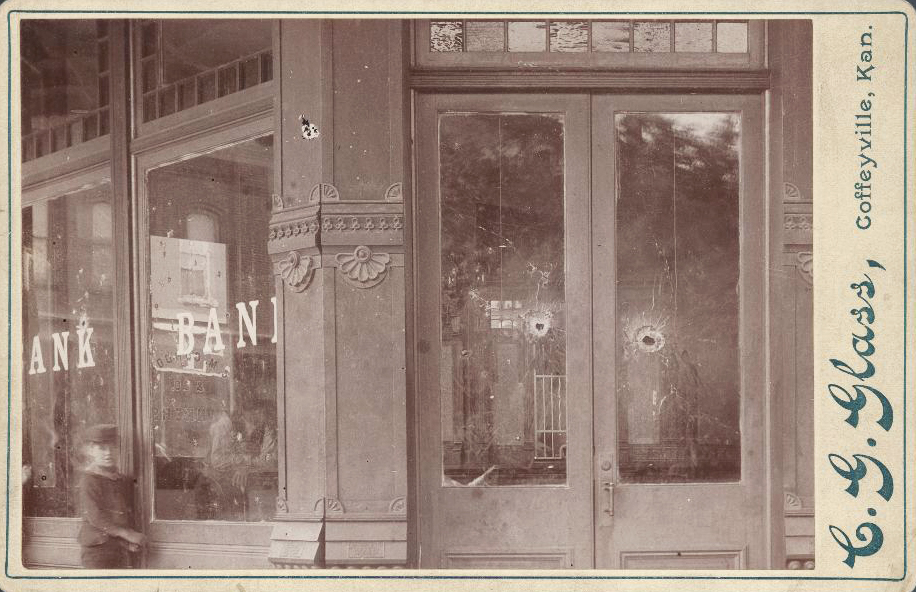
What on earth has this to do with Furtwängler and our association, I hear you ask?
The statistics of the SWF website are clear: it is this forsaken locality that has recorded the greatest number of connections to our site for the whole of the North American continent and even for the world, France excepted.
A ‘Furt’ fetichist? No, doubtless some robot programmed to operate continuously in order to extract information and statistics. However, lacking credentials and a member’s card, it cannot get much. Our site resists, just as the town and its banks resisted the outlaws.
PS: Same conclusion for Perm in Siberian Russia. It is much bigger than Coffeyville, but less fun…
William Walton in Wien.
Three Ws that hail the performance of a work by Walton by the Vienna Philharmonic conducted by Furtwängler. The archives of the Philharmoniker inform us that this enfant terrible of English music (the epithet is not ours) had five of his pieces programmed by the orchestra — over a period of 70 years!, including two with Furtwängler. Where were the other conductors? And it is said that Furtwängler did not do much for his contemporaries! Or else he was very happy to have the same Christian name…
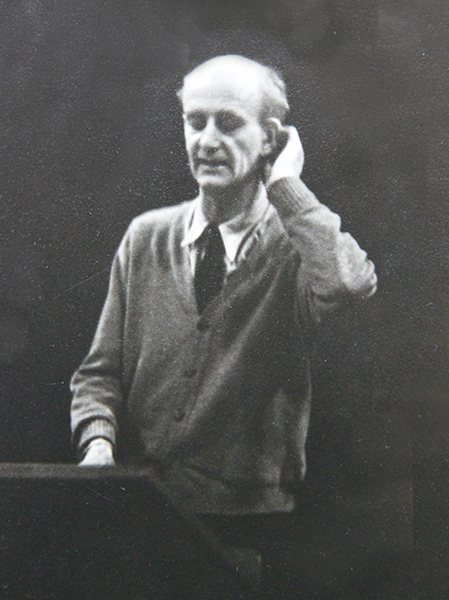
You will find the facsimile of the programme of 5 December 1948 also online with the concert and in the rubric ‘ask for the programme’.
Because an association is a community, because it lives on what it produces but no less on what its members contribute to it, we are starting something new and invite you to send us your comments on our various news items.

For practical reasons the comments — reserved of course to members — should conform to the language chosen by the visitor for the site, without a system of translation which would be too onerous and too slow.
In several bulletins we have mentioned the centenary of the Vienna Philharmonic Orchestra in 1942, though this was always in fragmentary fashion, providing one element or correcting another… In order to give a precise idea of the nature of the various events, we have decided to present an extensive panorama of them in study format, enriched with many hitherto unpublished documents.
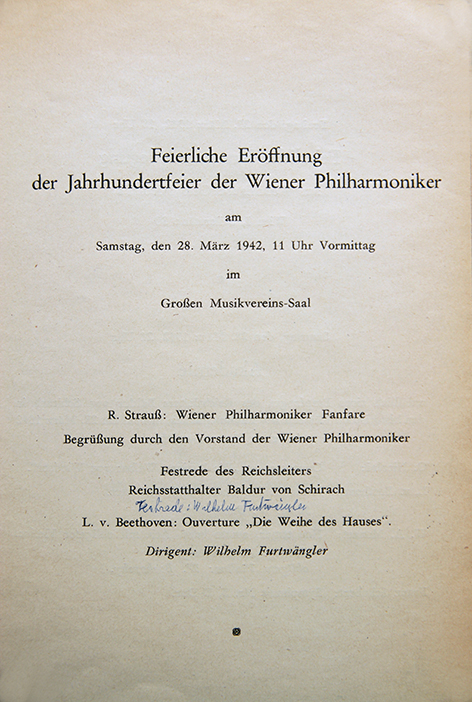
As it was also necessary to give a clear snapshot of the orchestra, we have asked Christian Merlin to draw up its portrait. The well-known chronicler is also the author of a book on the Wiener Philharmoniker — a veritable and an authoritative magnum opus (Le Philharmonique de Vienne, Buchet Chastel, 2017).
And to leave the last word to Furtwängler, we have reproduced the speech he gave at the inauguration, in a translation made by Audrey Roncigli and also in a facsimile of the leaflet that was published just afterwards by the Philharmoniker.
A real trip back in time, one you yourself will be able to take a few weeks from now.
Some members have had difficulty downloading the Deutsches Requiem.
The problem seems to come from the slowness of our server, no doubt more used to chansonnettes in mp3 than a long requiem in 24/96. However that may be: rather than writing a shortcut for the Requiem, we have changed the server.

A few weeks ago we posted a paper circular (to those who have decided to stay with paper), and now a faithful Swiss member has sent us some circulars from a while back, 1999 and 2000 to be precise.

This is the perfect opportunity to repeat our appeal, notably to our older members: we still have gaps in the long series of newsletters. We lack in particular the documents from 1973 to 1979.
It would be great to be able to start off our fiftieth anniversary with our archives complete!
We remind everyone that we limit the edition of the paper circular to those who request it. It merely contains the elements that appear on our website.
In October 1947 Furtwängler conducted an opera for the first time in more than three years! And it was Tristan und Isolde at the Berlin Staatsoper, now established in the Admiralspalast following the destruction of the opera house ‘Unter den Linden’.
He was well supported by faithful singers such as Ludwig Suthaus, Erna Schlüter and Gottlob Frick, yet also by a female stage director well acquainted with the world of Wagner, the soprano Frida Leider. As for the decorator Lothar Schenk von Trapp, he was one of those who brought new blood to the scenography. And since the recording has survived from this evening of 3 October, though without the first act, we shall have to be satisfied in this connection with a picture: the scenery for Tristan’s ship.
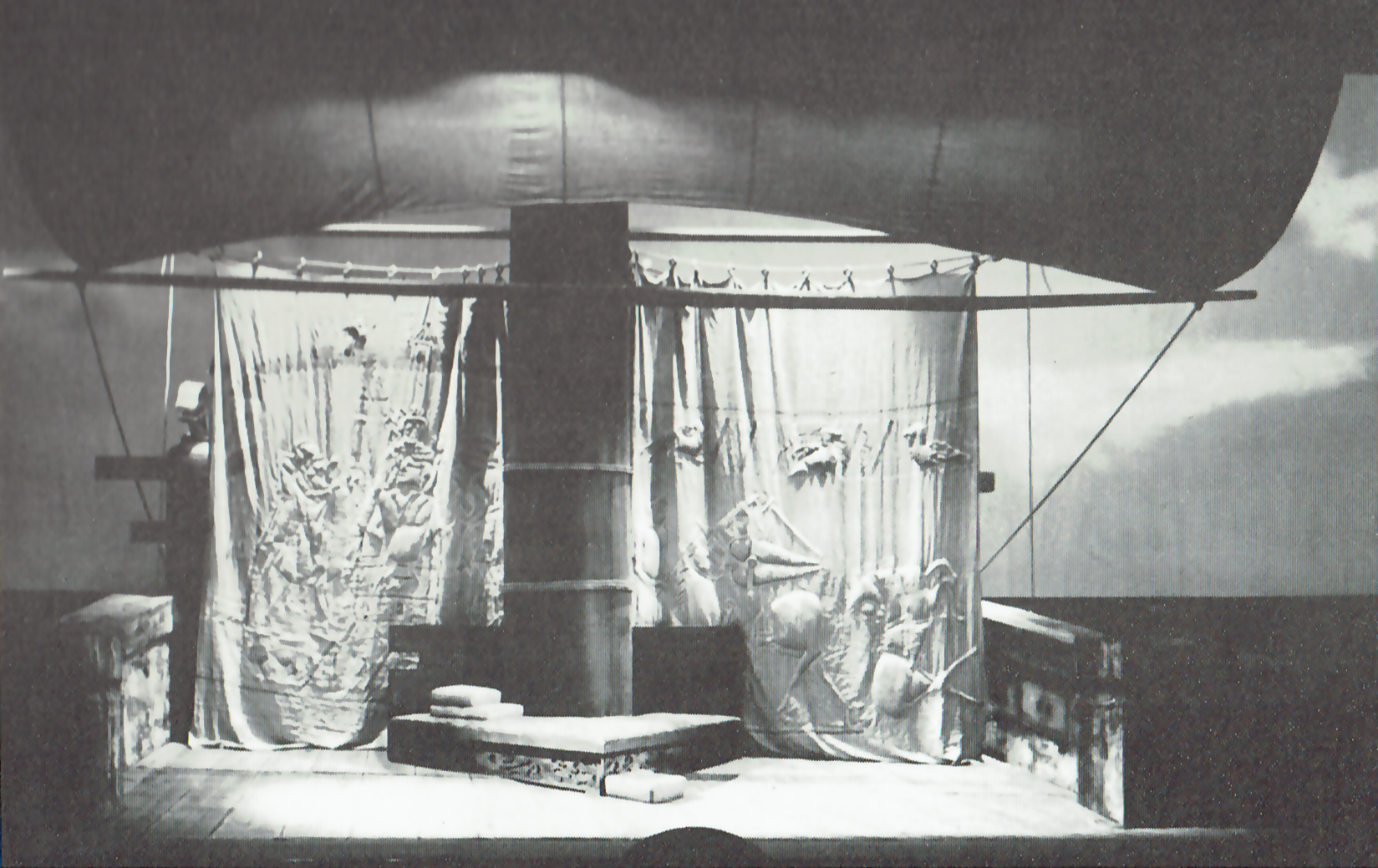
The facsimile of the programme also reveals the economic situation in Berlin at the time: it has only a pretty meagre four pages…

